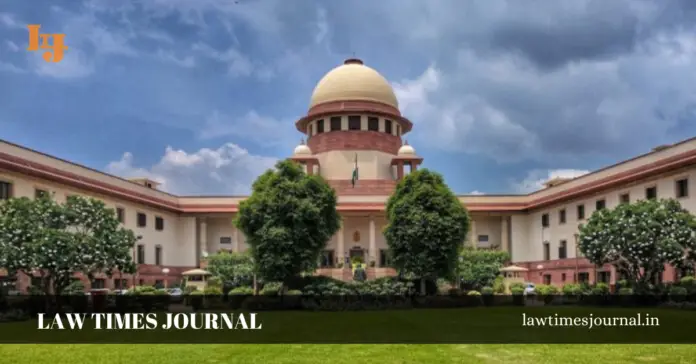
Case: Shyno M. Aykara @ Sheelamma Thomas V. New India Assurance Company Ltd.
Coram: Hon’ble Justice Sanjay Kishan Kaul And Hon’ble Justice Hrishikesh Roy
If the retrospective pay revision applied after the date of the death of an employee of the government/public authorities is a consideration taken into account when calculating the monthly emoluments of the deceased for the purpose of deciding compensation for him/her? In a special leave petition that raises this question, the Supreme Court has given a notice.
The SLP challenges the judgement of the Kerala High Court, which ruled that a subsequent revision of pay for the assessment of a victim’s income cannot be considered. The High Court had relied on Oriental Insurance Co. Ltd. v. Jashuden and others [(2008) 4 SCC 162] in which it was held that only because salary was revised at a later point of time, the same by itself would not have been a factor which could have been taken into consideration to determine the amount of compensation.
In this case, the deceased was a Development officer and died at the age of 51 years. Consequent to subsequent pay revision effected retrospectively, there was an increase in the salary of the deceased. However, for the purpose of granting compensation to the claimant, the Tribunal did not take into account the said pay revision. The High Court later upheld this view.
It was argued in the appeal that the revision process requires time for the government and the public authorities. The petitioner relied on the judgment of Rajesh & Ors. v. Rajbir Singh & Ors. [(2013) 9 SCC 54], in paragraph 19 and contended that the subsequent pay revision was taken into account in this case.
The bench stated while issuing notice,“A reading of paragraph 19, however, only shows the computation and does not specifically deal with the proposition. We are thus of the view that this aspect would require to be considered by a three Judges Bench.”








